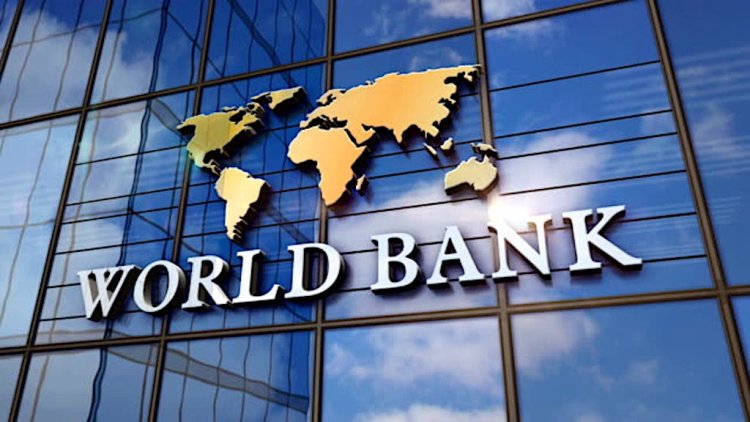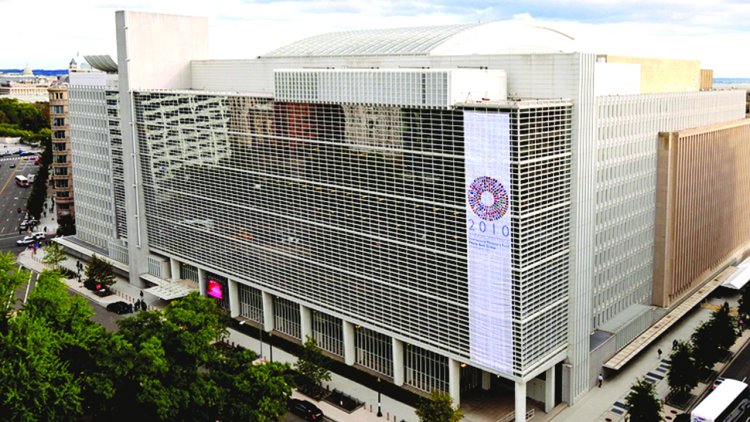Shocking expectations from the World Bank about the world's economies in 2023
The World Bank has suggested that major economies are growing at a much slower rate due to banking pressures.

The World Bank lowered its forecast for the growth of the economies of the Middle East and North Africa region during the current year by 1.3 percent to 2.2 percent, compared to its previous expectations in January, but it raised its expectations for the economies of the region during 2024 by 0.6 percent to 3.3 percent, and these expectations are much lower than the growth achieved. These economies in 2022, which amounted to 5.9 percent.
The World Bank said that the high rates and excesses resulting from the banking crisis this year will lead to a sharp slowdown in the economic growth of the world's largest economies.

Advanced economies
The foundation said advanced economies the United States, Japan and eurozone countries , are expected to grow just 0.7% in 2023, down from 2.6% in 2022.
United State
The United States is expected to grow by 1.1%, while the Eurozone and Japan are expected to see GDP growth of less than 1% in 2023. US GDP growth in 2024 is expected to slow to 0.8% amid higher rates.
Emerging economies
The bank estimates that overall global growth will slow to 2.1% in 2023, down from 3.1% last year. Emerging and developing economies are expected to see a slight rise in GDP to 4%, up 0.6% from the Bank's forecast in January 2023.

Oil-exporting countries
In general, the bank expected the growth rate in oil-exporting countries to slow to 2.0 percent in 2023, which is a significant decrease from what was expected just six months ago, before recovering to 3.2 percent in 2024.
The weakest growth rates in the past five decades
However, World Bank chief economist Indermit Gill said, excluding China, growth in developing economies will be less than 3%.
Gill said this represented "one of the weakest growth rates in the past five decades".
Overlapping shocks
The lower growth outlook reflects the broad-based downgrades caused by several interlocking shocks, the most recent of which include the spillover effects of the recent banking crisis in the US and advanced economies.
The World Bank said the increasingly restrictive credit terms resulting from banking turmoil had effectively excluded emerging and developing economies from global bond markets, putting them in "perilous waters".
The financial vulnerability has dealt another blow to low-income countries, with 14 of 28 of them now in debt distress or at high risk of debt distress, according to the report. A third of these countries are expected to see per capita incomes in 2024 remain at 2019 levels.

Interest rates to fight inflation
However, central banks around the world continue to raise interest rates to fight persistent inflation.
"The global economy continues to falter," the bank said in the report. "With soaring inflation, tightening global financial markets, and record debt levels, many countries are simply getting poorer."


 Shrouq
Shrouq 












